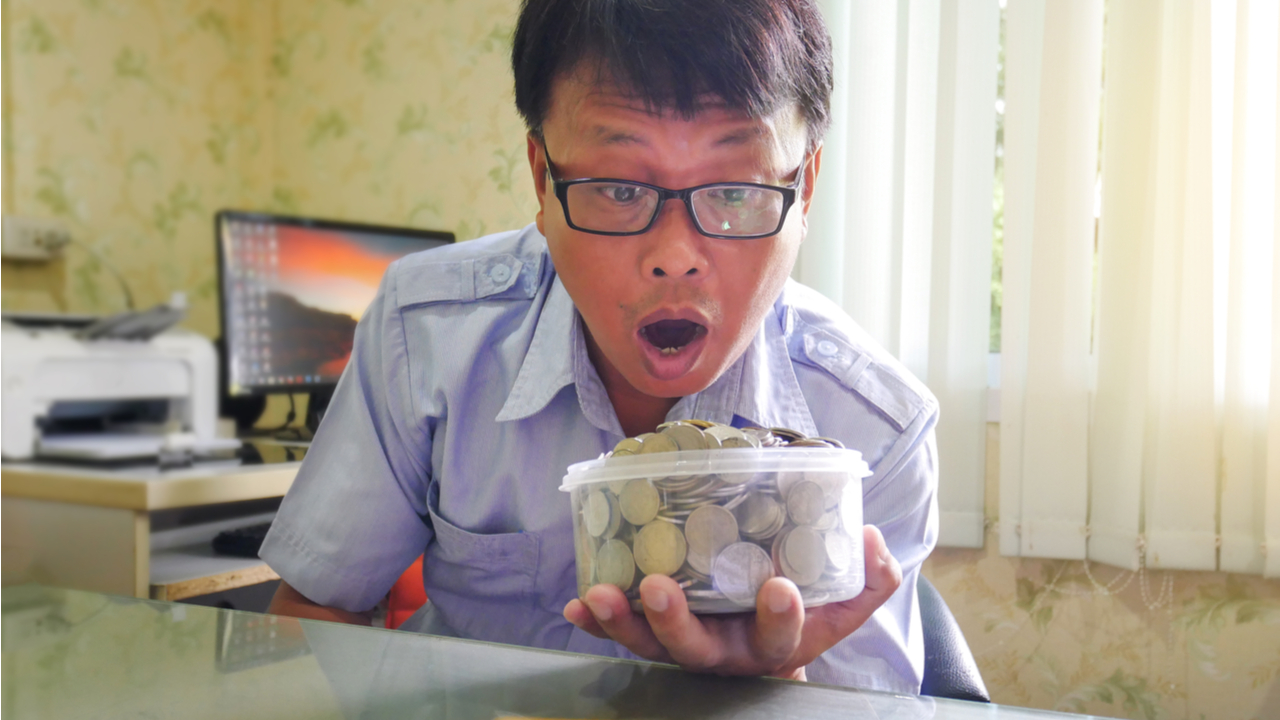[ad_1]
A former central bank official, nominated to head South Korea’s financial watchdog, has expressed skepticism about recognizing cryptocurrency as a financial asset. In comments to a parliamentary committee, Koh Seung-beom has confirmed his views on the matter align with those of international institutions.
Candidate to Head Korea’s Financial Regulator Says Crypto Is Not Currency
Koh Seung-beom, who may become the next Chairman of the Korean Financial Services Commission (FSC), has shared doubts regarding the value of cryptocurrency as a financial asset and its currency status. On Wednesday, he was quoted by the Korea Herald as stating:
International organizations, including the Group of 20 and the International Monetary Fund, as well as a lot of market experts, find it difficult to consider virtual currencies as a financial asset, and think they could not function as a real currency.
The comments were made in a written response to questions by the National Policy Committee of the parliament in Seoul ahead of a confirmation hearing scheduled for Friday. Koh, a former member of Bank of Korea’s rate-setting board, was nominated for the top FSC post by the Blue House on Aug. 5.
According to the report, the candidate has reiterated the government’s rejection of calls to acknowledge cryptocurrencies as a viable asset class. Koh Seung-beom also indicated that his position on cryptocurrencies conforms to the regulator’s current policy aimed at tightening the rules for domestic crypto exchanges.
Earlier this year, the incumbent FSC Chairman, Eun Sung-soo, voiced his concerns about the crypto frenzy in South Korea. “Cryptocurrencies, which have no intrinsic value, are not a real currency,” he said at a time when digital coin trading gained significant momentum in the country.
Ample liquidity amid the Covid-19 pandemic pushed bitcoin (BTC) to 80 million won (over $71,000) in mid-April, the English-language daily noted. The Korean price exceeded global rates, a phenomenon referred to as the ‘kimchi premium.’

South Korea has decided to implement stricter rules for its crypto trading sector. The revised Special Funds Act took effect on March 25 and will be enforced in September after the six-month grace period elapses. It requires cryptocurrency exchanges to cooperate with domestic banks on the issuance of real-name accounts and register with the Financial Intelligence Unit (FIU) under the FSC.
Only 21 digital asset trading platforms had registered with the anti-money laundering body as of the end of July, the commission announced. These include Korea’s four largest exchanges – Bithumb, Upbit, Coinone, and Korbit, while hundreds of smaller ones are facing closures. Last month, FIU warned dozens of foreign exchanges to comply with the new regulations.
Do you think South Korean regulators will change their stance on cryptocurrencies in the future? Share your thoughts on the subject in the comments section below.
Image Credits: Shutterstock, Pixabay, Wiki Commons
Disclaimer: This article is for informational purposes only. It is not a direct offer or solicitation of an offer to buy or sell, or a recommendation or endorsement of any products, services, or companies. Bitcoin.com does not provide investment, tax, legal, or accounting advice. Neither the company nor the author is responsible, directly or indirectly, for any damage or loss caused or alleged to be caused by or in connection with the use of or reliance on any content, goods or services mentioned in this article.
[ad_2]


